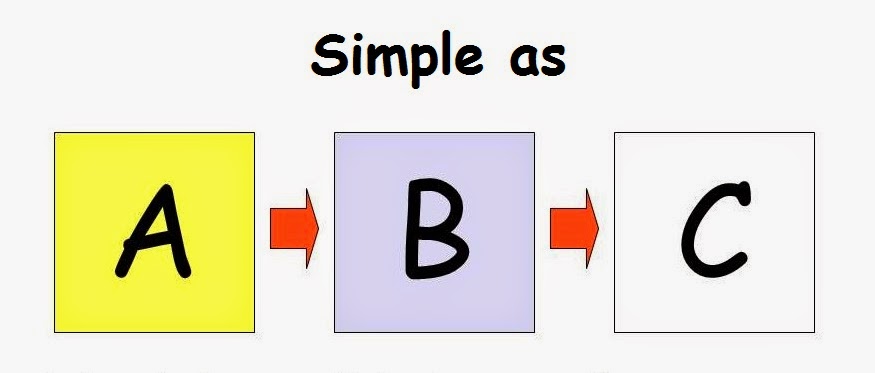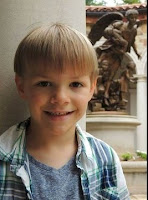Managing Disruptive Behavior in Children with High-Functioning Autism and Asperger's

“We've been going in circles with our high functioning (autistic) 8 y.o. and his disruptive behavior – hitting, kicking, throwing things, just to name a few. We have tried all that we know to try. It's been difficult when he acts out, not respecting us or his siblings. It impacts the entire family! Do you have any ideas of how to handle disruptive behavior of this kind?” One of the biggest obstacles a parent faces is managing disruptive behavior in the child with Asperger’s (AS) or High-Functioning Autism (HFA). Whether the child is refusing to eat what was prepared, or throwing tantrum on the way to school, the parent can find herself at a loss for an effective way to respond. If you are at your wits end, the ABC method can provide a roadmap to a calmer, more reliable way to manage problematic behaviors. This method also offers a chance to help the AS or HFA child to gain the developmental skills he needs to regulate his own behavior. The ABC Method of Behavior Man






